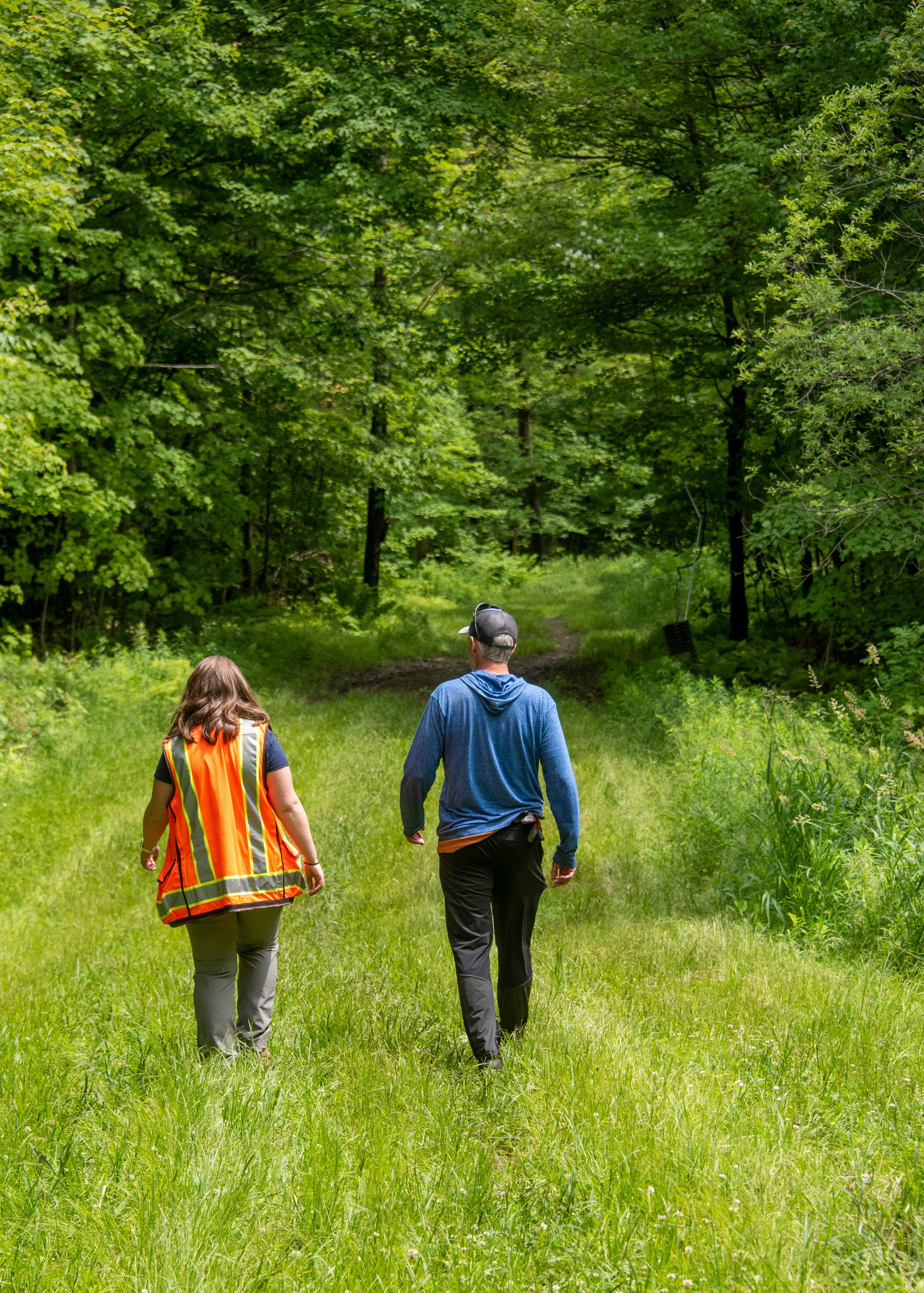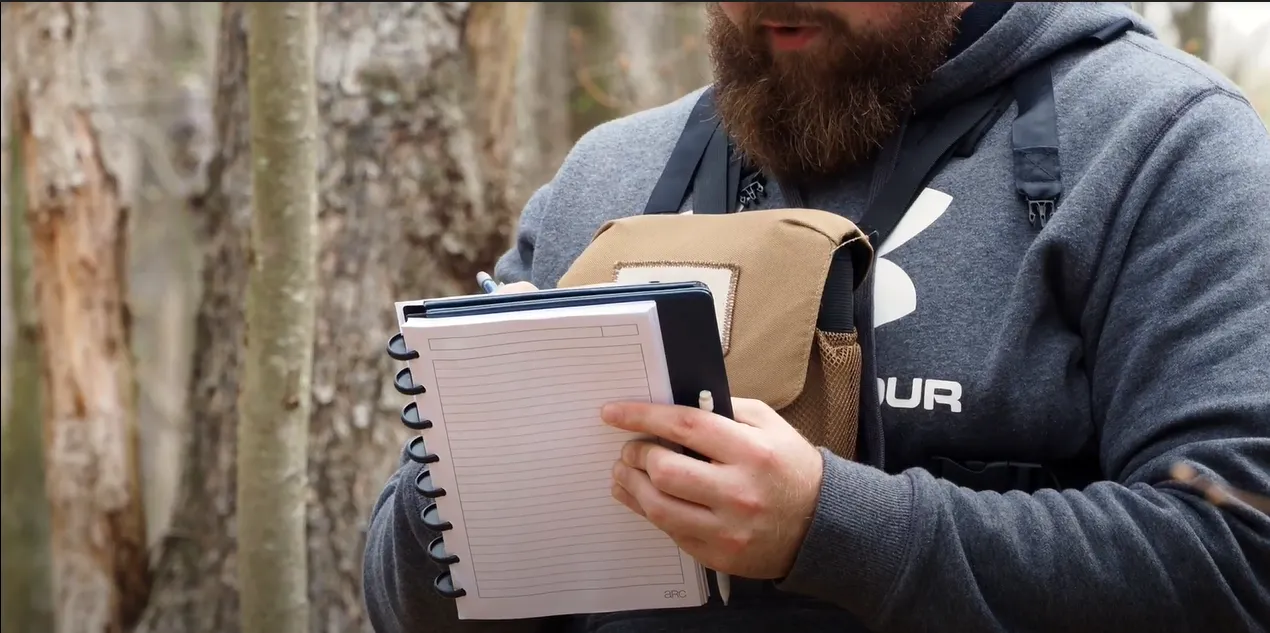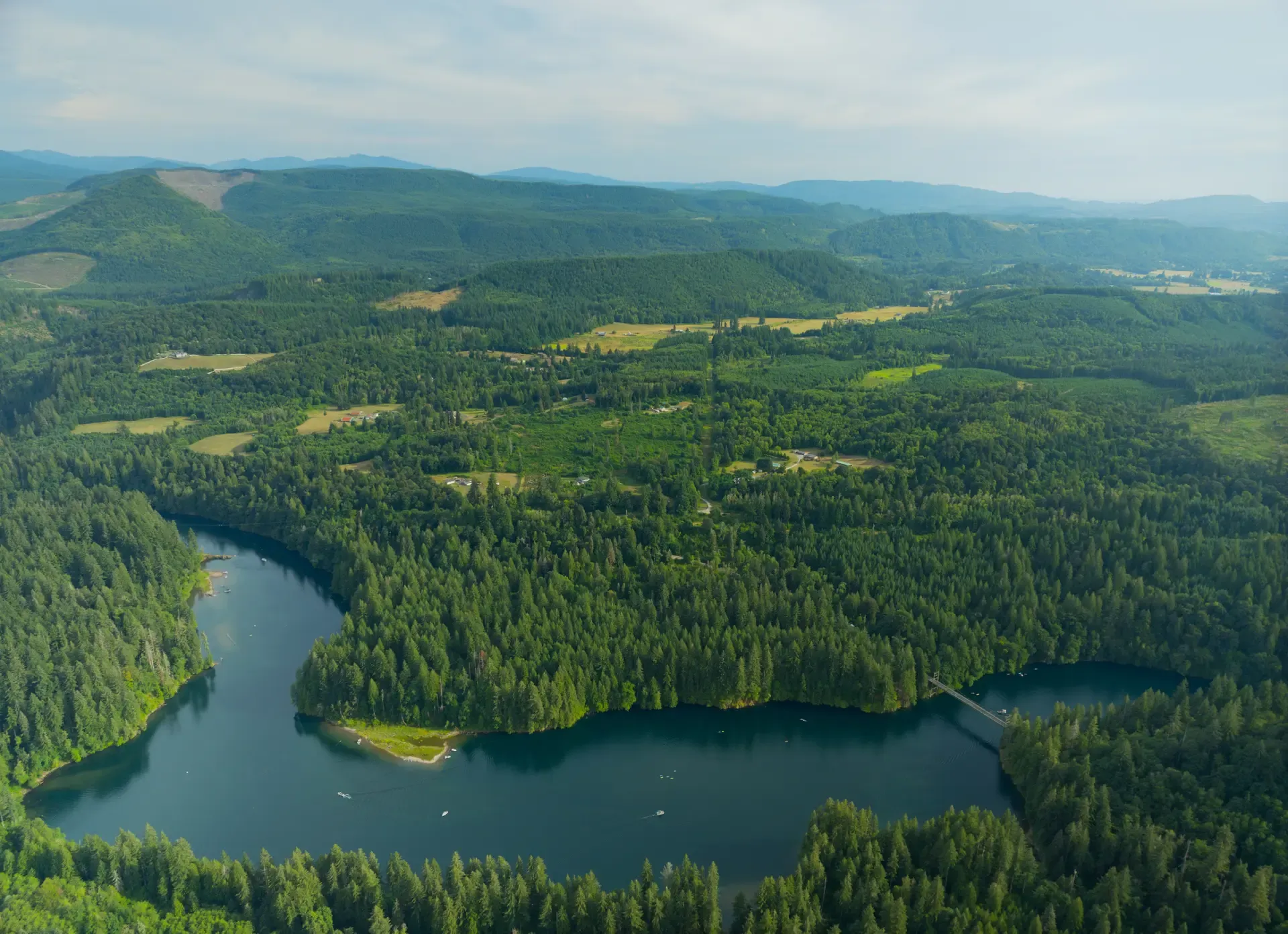Why Our Contracts Are 20 Years—and Why That Matters
When it comes to forest carbon programs, contract length isn’t just a formality. It’s the backbone of credibility, integrity, and real climate impact. At the Family Forest Carbon Program (FFCP), we’ve designed our contracts to be a 20-year commitment, and there are important reasons why that length matters and why it can’t be changed.
Why 20 Years? Because Forests Work on Nature’s Timeline
Unlike crops that grow in a single season, forests need decades to mature, grow, and store meaningful amounts of carbon. A 20-year commitment gives your forest time to store significant amounts of carbon and build long-term health. Traditionally, some forest carbon programs have required landowners to commit for up to 99 years. FFCP has reduced that to 20 years while still maintaining the integrity of our credits.
We are able to use a 20 year timeline due to our grouped, project approach and through the Permanence Fund innovation, which helps secure long-term, stable support for conservation projects like yours. We invest program revenue so that the work you start today continues to matter long after the contract ends. It ensures your forest’s carbon storage delivers lasting climate benefits, provides reliable financial support, and allows the program to plan and manage your land in a way that creates meaningful, measurable impact over time.

Why Can’t We Shorten the Contract?
It might seem like flexibility on contract terms could work, but here’s the reality: our carbon credits are issued as part of a cohort, a group of landowners who enroll in the same year, under the same rules, for the same amount of time. If we allowed individual landowners to shorten their terms, it would create inconsistencies that undermine the entire project.
For example:
- If one property exited early, all credits tied to that property would become invalid.
- Because credits are sold in aggregate for the cohort, losing a property’s credits could jeopardize every landowner in that group and the buyers who rely on the program’s integrity.
In other words, if we allowed some people to sign shorter contracts, it would break the system for everyone. Keeping the term the same for all landowners protects you, other participants, and the value of your credits.
So, What’s in It for You?
- Committing for 20 years may feel like a big step, but it comes with valuable benefits:
- Guaranteed annual payments for the full contract period.
- Free professional forestry guidance to improve forest health, increase biodiversity, and property value.
- A chance to make a measurable impact on climate change, while keeping full ownership and control of your land.
And unlike those 99-year agreements of the past, FFCP’s 20-year term strikes the right balance, long enough to make a real difference, short enough to be manageable for today’s landowners.
The Bottom Line
Our contract length isn’t about rigidity, it’s about responsibility. By committing to 20 years and maintaining consistent terms for all participants, the Family Forest Carbon Program can deliver carbon credits that buyers trust, landowners benefit from, and the planet needs. We’re in this together, a true partnership where we’ll be by your side and supporting you every step of the way.
Big changes take time. And so do healthy forests.
Related Articles

July 29, 2025
What to Expect from Your Forest Management Plan
Did you know that only about 11% of forest owners have a Forest Management Plan? Programs like the Family Forest Carbon Program (FFCP) are helping change that—making it easier for families to care for their land with confidence. By supporting more landowners in creating these plans, we’re growing a more connected community of people who are committed to the health of their woods—and the future of our forests.

July 25, 2025
Carbon Contracting Cheat Sheet: Part 1
Whether you are leaping into the brave new world of legal contracts or simply just refreshing your vocabulary, here are some common components to carbon offtake agreements and why they matter in layman’s terms.

June 30, 2025
Why Voluntary Carbon Markets Are a Smart Investment for Companies Tied to Forests and Water
Extreme weather events are intensifying across the U.S.—from wildfire to prolonged drought and flooding—and our forests are often at the center of these impacts. While these challenges ultimately affect everyone, certain industries increasingly face direct, material exposure to these effects—but they also have unique tools to reduce that risk.